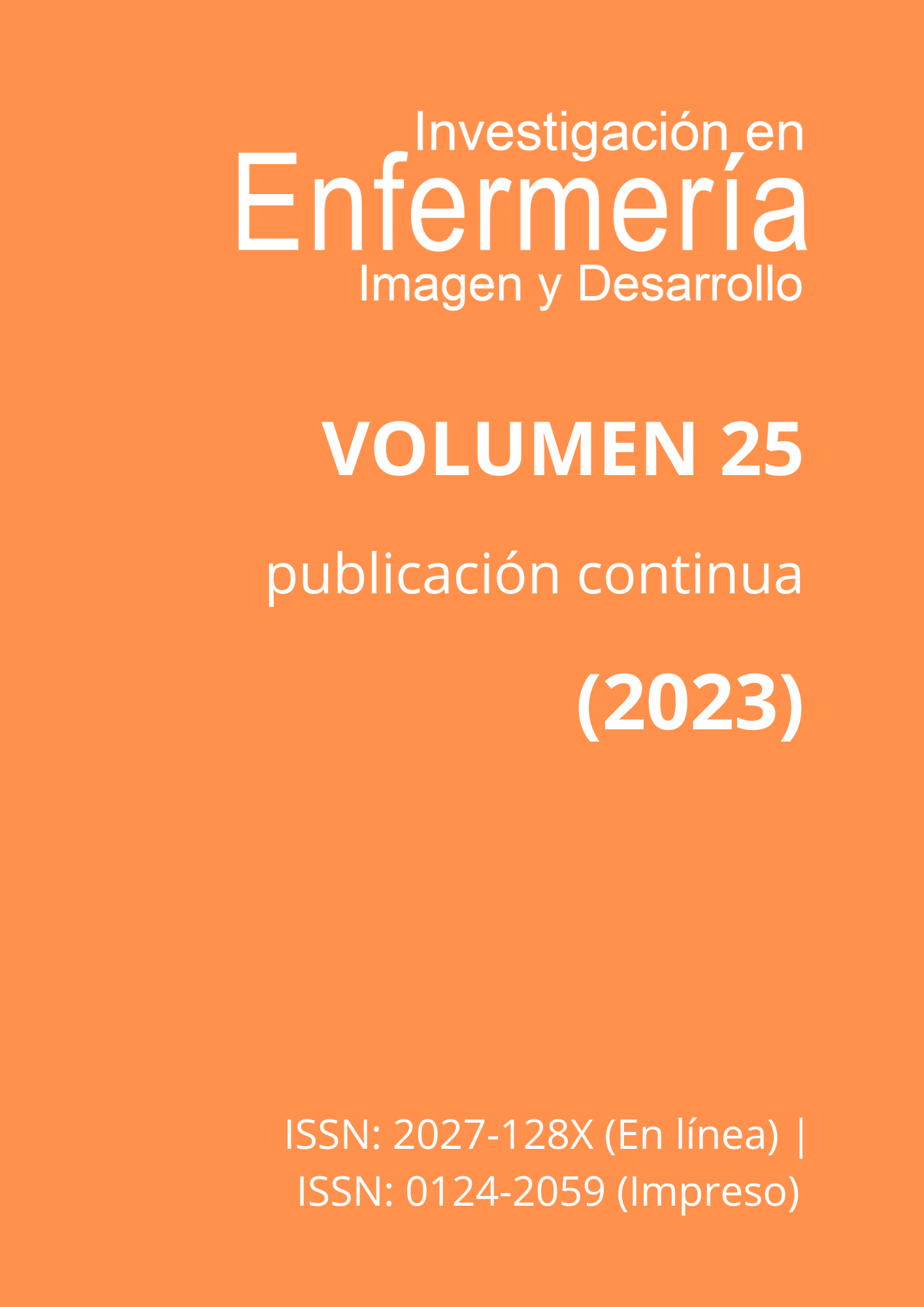Resumen
Introducción: Los avances en la ciencia y tecnología han permitido la supervivencia de las personas que ingresan a la unidad de cuidado intensivo (UCI), algunas de ellas con estancia prolongada en el área crítica. Al retornar al hogar, presentan alteraciones físicas, mentales y cognitivas que los hacen dependientes de cuidado, requiriendo un cuidador familiar al retornar al hogar. Objetivo: Comprender el significado de adoptar el rol de cuidador familiar de la persona con estancia prolongada en la UCI al retornar al hogar. Método: Estudio cualitativo, utilizando herramientas de la teoría fundamentada. Realizado en la ciudad de Medellín, Colombia, de noviembre de 2021 a diciembre de 2022. Se aplicaron 12 entrevistas semiestructuradas a 10 cuidadores familiares de personas que habían sufrido un evento agudo grave, con una internación prolongada en la UCI. La codificación, abierta, axial y selectiva, la elaboración de memos analíticos, diagramas y el muestreo teórico, fueron fundamentales en el análisis. Resultados: Al momento del alta hospitalaria, el cuidador familiar considera que asumir el cuidado es difícil y complicado, pues debe enfrentarse a algo nuevo, esto hace que la vida le cambie de forma drástica de un momento a otro. Conclusiones: Ejercer el rol de cuidador conlleva cambios en la vida de quien cuida, las renuncias que debe hacer son frecuentes y estas se presentan en las dimensiones física, emocional, social y laboral. También es necesario realizar modificaciones en el entorno de cuidado, y en ese sentido, además del cuidador, el sujeto con dependencia se beneficia de esas transformaciones.

Esta obra está bajo una licencia internacional Creative Commons Atribución 4.0.
Derechos de autor 2024 Investigación en Enfermería: Imagen y Desarrollo


